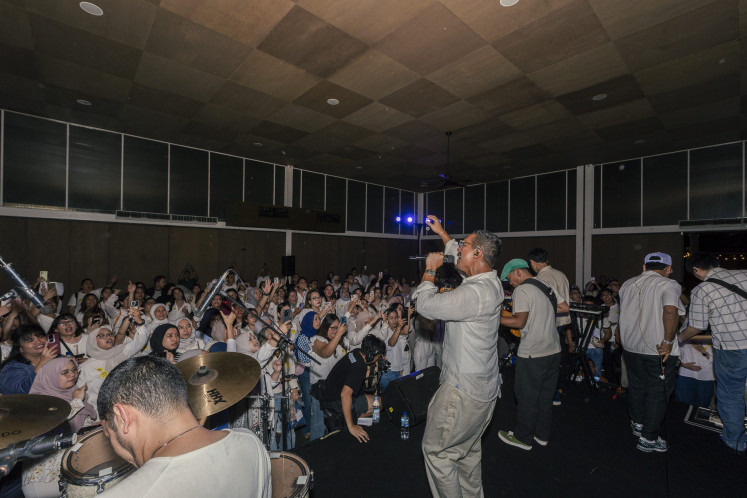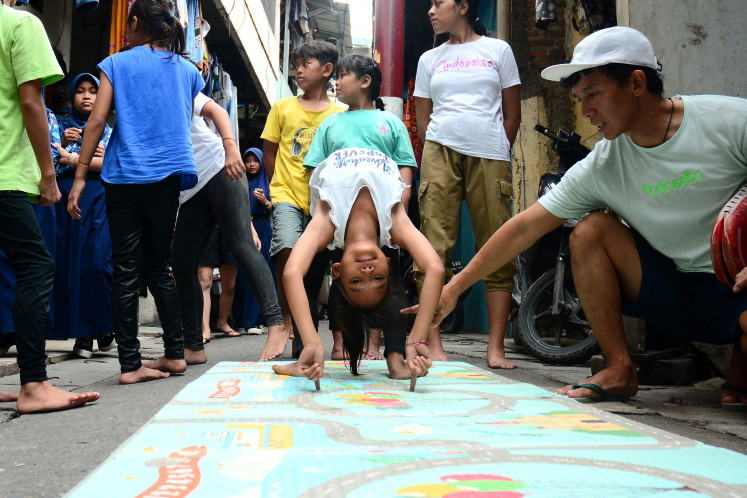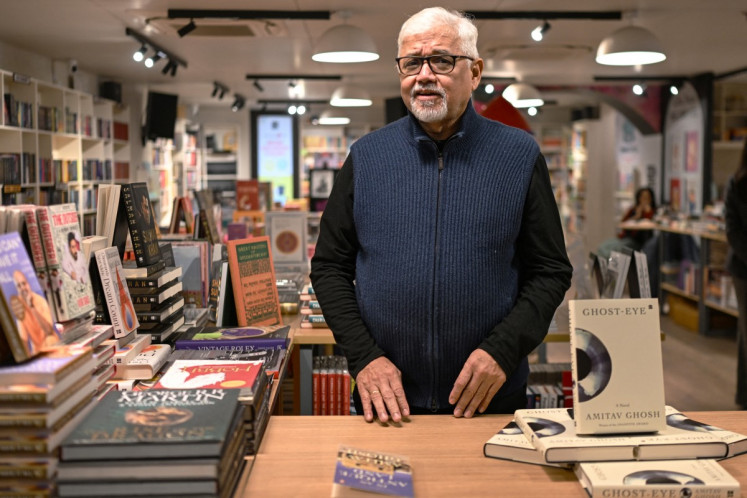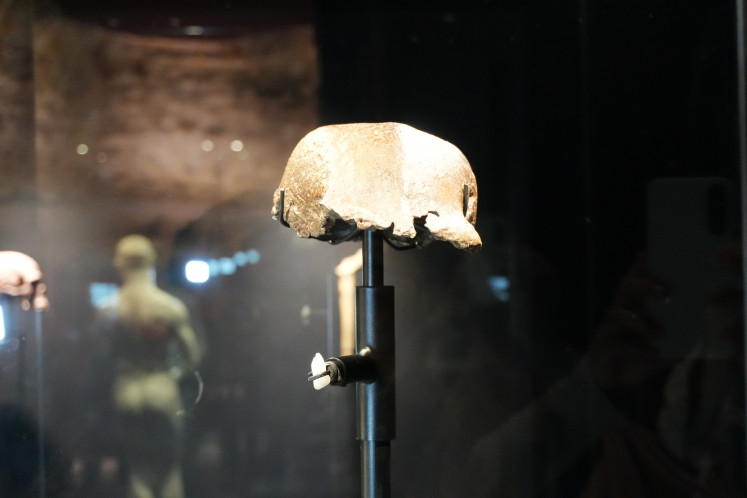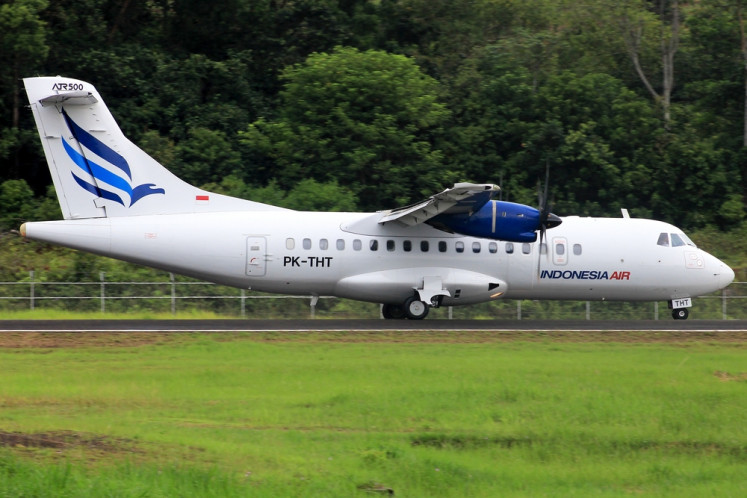Popular Reads
Top Results
Can't find what you're looking for?
View all search resultsPopular Reads
Top Results
Can't find what you're looking for?
View all search resultsElisabet Malo strives to promote Sumba coffee to the world
Since being recognized as the country's best coffee at the 2017 Archipelago Coffee Festival, Sumba robusta has become more popular among coffee enthusiasts.
Change text size
Gift Premium Articles
to Anyone
E
ast Nusa Tenggara (NTT) is not only famous for its variety of coffee including Manggarai arabica, Bajawa arabica and East Flores leworook robusta. On the island of Sumba, particularly in Southwest Sumba regency, there are five districts producing robusta coffee.
Since being recognized as the country's best coffee at the 2017 Archipelago Coffee Festival, Sumba robusta has become more popular among coffee enthusiasts. Southwest Sumba regency administration has started to encourage coffee farmers in the North, South, East, West and Central Wewewa districts to plant organic coffee.
One of the local coffee farmers who stands out for her efforts in introducing Sumba coffee to the national and international community is Elisabeth Malo.
Read also: Bank Indonesia helps promote specialty coffee
In 2014, this retired elementary school teacher saw that there was something to be done with the amount of coffee in the area that had not been utilized optimally. Initially Elisabeth processed coffee beans into coffee powder and sold it. Eventually, she moved on from small business and home industry to a multipurpose cooperative. She invited local coffee farmers and Sumba women to get involved as well.
"I feel the potential for coffee here is quite promising for farmers, so I want to make Sumba coffee popular among coffee drinkers. I never thought that the administration would finally introduce me to the Indonesian Institute of Sciences [LIPI], who taught me how to produce Sumba coffee, from the taste to the packaging and so on to make it more delicious," Elisabeth told The Jakarta Post on Thursday.
LIPI’s advice includes methods of harvesting red coffee beans, processing them with drying, fermentation, roasting at the right temperature and washing at water temperatures of around 80-85 degrees Celsius.
Since being handled by Bank Indonesia as one of the assisted clusters in June 2016, the cooperative, named Kelompok Usaha Lembah Hijau, has grown rapidly. Within a year it was able to produce 1.2 tons of coffee comprising 2,500 packs of 250 grams. The products have also been marketed throughout the island of Sumba as well as Java. (nic/kes)


